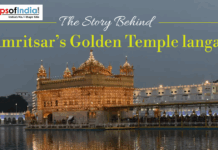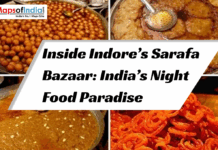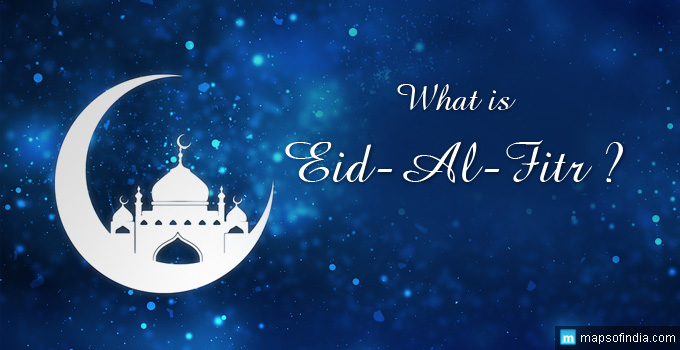“Ramzan Mubarak”
Greet your dear one and friends with the Arabic greeting that heralds the start of the holy month of fasting. Or perhaps you may prefer the traditional Persian greeting “Ramadan Kareem”.
On Saturday, 27 May 2017, over 1.8 billion Muslims of the world (including some 184 million Indian followers of Islam) embarked on a month-long journey that includes a rigorous fast, introspection, and fervent prayers.
Why is Ramzan observed?
Ramzan or Ramadan is the ninth month of the Islamic lunar calendar. It is considered to be the holiest of months for the Muslims and is observed in commemoration of the Laylat Al Qadr or “Night of Power”. It is on this night that the Quran is believed to have been presented to Prophet Muhammad in a divine revelation. This Laylat Al Qadr is generally celebrated on the 27th day of the Ramzan. Some Muslims, however, believe that the revelation occurred on the 21st or 23rd day of the month. The month of Ramzan starts with the sighting of the crescent moon by the clerics.
How is the Ramadan fast observed?
Fasting from dawn to dusk during the holy month is considered one of the inviolable sacred duties of every Muslim. It is one of the Five Pillars of Islam and teaches piety, abstinence, honour, and self-discipline. Through the entire month of Ramadan Muslims do not consume any food or beverage between the dawn prayers (fajr) and sunset prayers (maghrib). This is the process by which Islam seeks to teach its followers self-restraint. Muslims abstain from food and drinks, smoking, sexual intercourse, and seek spiritual cleansing by refraining from lying, cursing, cheating, or gossiping.
Before the sun rises, Muslims consume a “suhoor” – a power packed meal that helps them get through the day and the fast is broken with a sip of water and by eating a few figs and dates. After sunset, it is time for the “iftar” – great feasts that are shared with family and friends. Many Muslim households also throw open their doors to the poor and hungry through the night. Fasting and abstinence are naturally followed by charity and compassion. Many Muslims choose to discharge their religious duty by donating to charity (Zakat) and to even voluntarily help the underprivileged (Sadaqah) during this month.
Is the Ramzan fast mandatory?
Fasting during the holy month is one of the religious duties of an adult Muslim. There are certain exceptions, though. The elderly and those suffering from ailments such as diabetes are excluded from the fast. Women who are pregnant or are menstruating may also be granted exceptions. Children are not required to fast as well but are increasingly exposed to the practice and are deemed fit to undertake a full-fledged fast as soon as they attain puberty. These days athletes participating in international competitions and tournaments are also not expected to undertake the fast.
While secular and heterogeneous societies such as India are quite liberal, a number of Muslim countries such as the Arab nations punish non-observers who are found consuming food or beverages in public during the day time. Then again, countries such as China have laws against observance of the Ramdan fasting.
Ramzan (Ramadan) in India
India is a beautiful tapestry where religions and cultures are woven together in a splendid blend of harmony and beauty. If some of your friends, colleagues, neighbours are Muslims and are fasting through this month, be compassionate and run small errands for them. Cook them a wonderful dinner, invite them for Iftar. If you and your family are fasting, invite your friends over for the evening feast. Hyderabad’s Tolichowki, Delhi’s Jama Masjid area, Akbari Gate in Lucknow, and Park Circus in Kolkata are some of the best places to meet and greet friends and break the fast with a great Iftar spread.
Eid-ul-Fitr
The month of prayer, fasting, and spiritual pursuit ends with a three-day celebration – the Eil-ul-Fitr. It is one of the greatest festive days in Islamic tradition. Families and friends get together, exchange gifts, and spend the day in celebration and merrymaking. In India, it is not uncommon for people of all religions to congregate at the homes of their Muslim friends and to partake in the festive spirit and some delicious ‘sewaiyan’.
As Indians, let us pray that this Ramadan we learn to embrace peace and brotherhood and this Eid we feast to the glory and well being of our nation.






